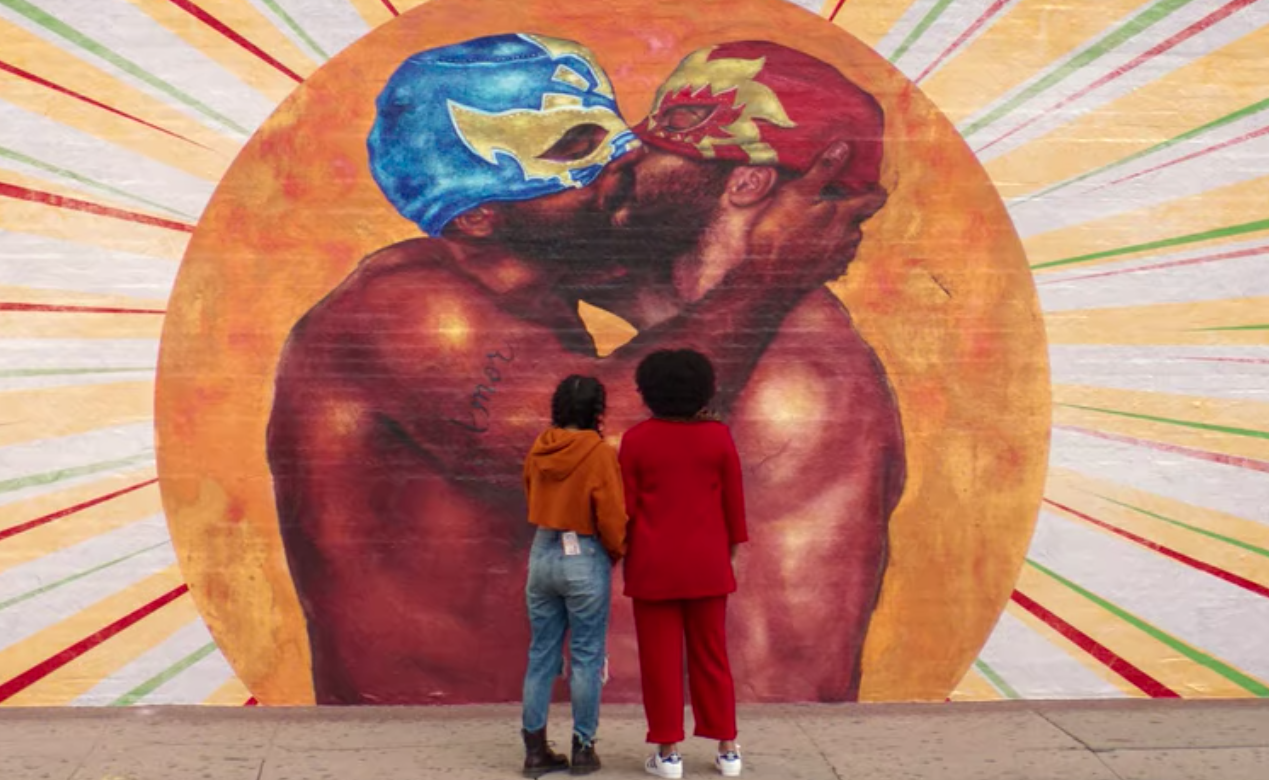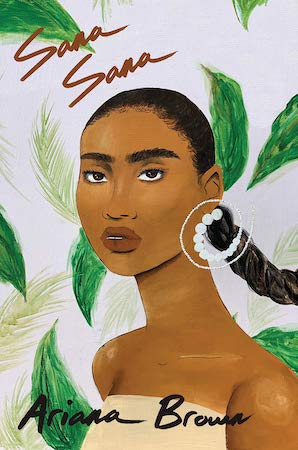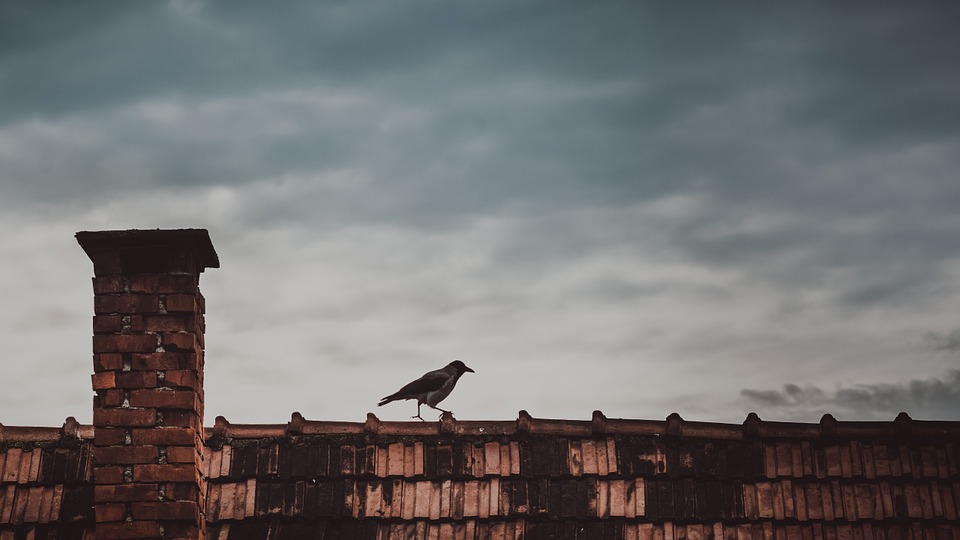Reading Lists
8 Books by Chicano Writers
Stories by and about Xicanxs that showcase the diversity and talent within our community

Growing up, when asked If your last name is Juarez, where are you from, I learned that answering Los Angeles, New Mexico, and Texas only earned more questions. Even in Southern California, a land that was Mexico less than 200 years ago and is home to millions of people of Mexican descendent, to most people being “Mexican” implies a recent migration from elsewhere.
In the 60s, Chicano activists began protesting for rights and awareness of the growing population of people with Mexican heritage who were born in the United States. While the obvious term seems like “Mexican-American”, Gloria E. Anzaldúa wrote Borderlands / La Frontera to describe how the term can aid to the frequent doubling and dividing that most Chicanos experience. Being from both cultures, yet feeling othered all the same.
Recently, depictions have been on the rise for first, second or higher generation Chicanos. Terms like Xicanx have also gained popularity, the x’s representing both gender inclusivity and a nod to Nahuatl, an indigenous language spoken by the Mexica people (also referred to as Aztec). With shows like Gente-fied, Selena, On My Block, Xicanx stories are being shared with a wider audience. The following books by and about Xicanxs showcase the diversity and talent within our community.
Mean by Myriam Gurba
Myriam Gurba and I are both queer, mean, half-Xicanas from Long Beach, California. So needless to say, her memoir hits close to home. Gurba uses the lens of being “mean” to discuss the ever-present threat of misogyny and violence that women (especially women of color) face. This untraditional memoir opens with a recounting of the assault and murder of a Xicanx who shared a rapist with Gurba. The rest of the book weighs assault, sexuality, race, and gender in a way that is like a loving gut punch.
Heart like a Window, Mouth like a Cliff by Sara Borjas
A deeply personal poetry collection that navigates Chicana identity in familial, academic, and romantic settings. Borjas returns frequently to the idea of being a “pocha,” a typically negative word used to look down on Mexican Americans who do not speak Spanish. However, Borjas embraces that identity and dismantles the shame associated with it.
Inter State by José Vadi
This debut, interlinked essay collection is an ode to the silent yet ubiquitous experiences that every Chicano from California knows, and a look into Valdi’s experience working in tech as the grandson of Mexican farmworkers. In the essay “Getting to Suzy’s,” Valdi describes his ritual of playing jukebox music “that make[s] Chicanos, old-timers, hip-hop-beat purists, ex-cons… and me feel at home.” Later, he mentions The Art Laboe Connection, my grandpa’s favorite radio show that I never imagined reading about in an essay collection.
Sabrina & Corina by Kali Fajardo-Anstine
Focusing on various young Chicanas in Denver and Southern Colorado, these stories highlight the pain of gentrification and the risks of young womanhood. In the titular story, Sabrina is murdered, and Corina reflects on the legacy of violence against the women in her family, including their blind Great-Auntie Doty. In the following story, “Sisters,” we follow Doty in her final week with eyesight. Fajardo-Anstine also made a choice to make the characters both Mexican and Indigenous to Colorado.
Hip-Hop (and Other Things) by Shea Serrano
For three of the last four years, my Christmas gift to my dad has been something from Shea Serrano. Shea’s bibliography is heavily focused on rap, basketball, and all things Chicano (my dad’s favorite things.) His newest book is an informative illustrated dive into all things hip-hop. With mythos, scholarly insight of Nas’s discography, and flow charts like “Is it your birthday? —> No —> We don’t give a fuck it’s not your birthday,” HOAT closes on an attempt to answer 2Pac or Biggie.
The House on Mango Street by Sandra Cisneros
One of the most classic Xicanx texts, this fragmented novella follows Esperanza, a young girl in a Hispanic neighborhood in Chicago. In 110 pages, an entire world is explored. From Esperanza’s friends and crushes to the Puerto Rican girl who spends all day inside babysitting and selling Avon. The House on Mango Street is a poetic coming-of-age story that is expertly woven by a Chicana legend.
Sana Sana by Ariana Brown
This poetry collection is technically a chapbook, but Brown stuffs her poems filled with rage, acceptance, and self-reflection. A queer Black Mexican writer from San Antonio, Brown simultaneously contemplates Black womanhood in modern America and her identity to Spanish and colonization. Her poem, “Dear White Girl in My Spanish Class,” which went viral on YouTube, grapples with being born into two languages that were once forced upon her ancestors.
City of God by Gil Cuadros
By the time Cuadros died of AIDs complications in 1996, he had given space to a community rarely discussed within Chicano cycles: queer men and those affected by the AIDs crisis. Two years before his death, he released City of God, a collection of short stories and poems detailing life in Los Angeles for gay Mexican American men. The opening selection discusses Chicano childhood and the buddings of queerness. The second section deals with the internal conflict between Latine families and sexuality, especially as it relates to machismo. The final section focuses on living with HIV/AIDs as a Brown man and how Los Angeles is a reflection of the frailing body.









